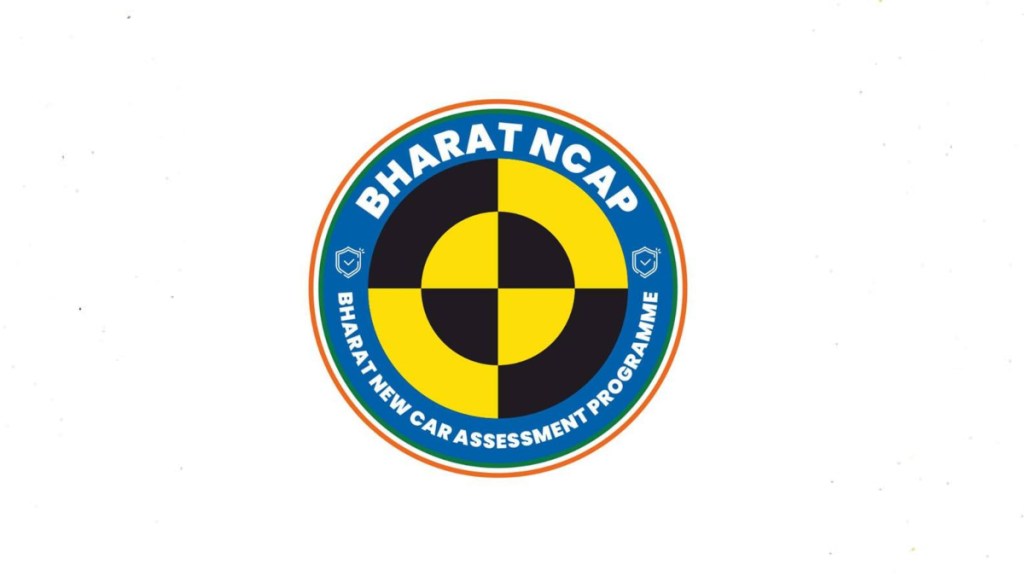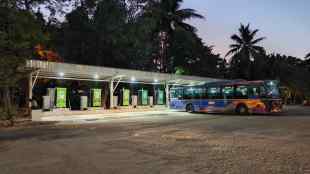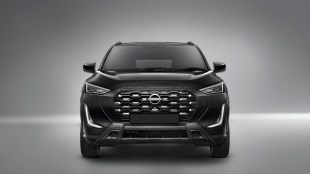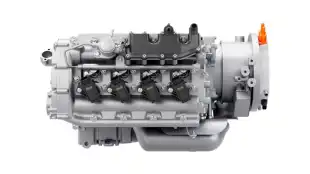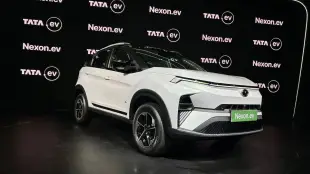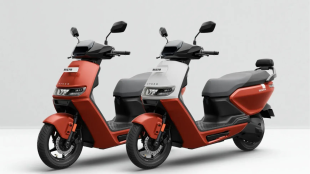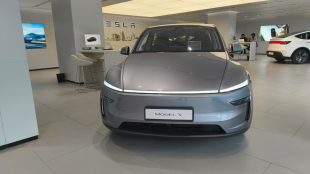Bharat New Car Assessment Program (BNCAP) was a significant moment for the Indian automotive industry when it came to life in October 2023. Now, the Bharat NCAP will take a new leap forward in vehicular safety. It has come to light that Bharat NCAP will now start assessing the Advanced Driver Assistance System (ADAS).
According to a recent Autocar Professional, the Automotive Research Association of India (ARAI) is developing Bharat NCAP 2.0, an upgraded version of the car safety assessment program that will also test ADAS capabilities of the model. Aimed at adapting global safety standards to Indian driving conditions, this initiative was announced by Ujjwala Karle, Deputy Director & Head Technology Group & Digital Twin Lab, ARAI.
This development was confirmed during the second edition of the ADAS Show in Bengaluru. The ARAI, an autonomous body under the Ministry of Heavy Industries, currently spearheads the Bharat NCAP programme in India. Bharat NCAP 2.0 is set to go beyond crashworthiness by integrating ADAS, reflecting the growing importance of autonomous safety technology in modern vehicles.
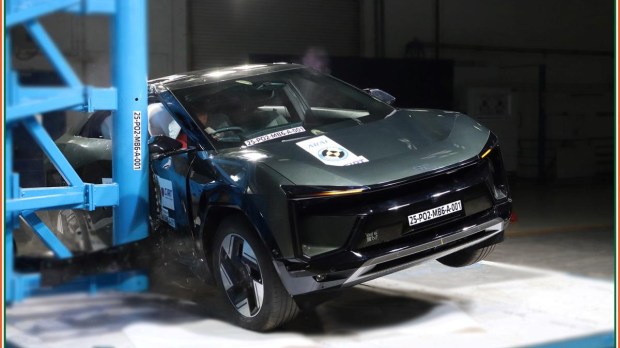
Since its inception, Bharat NCAP has tested 15 vehicles including models like Tata Curvv, Curvy EV, Mahindra XEV 9e and BE 6e that offer ADAS. All models mentioned above have been awarded a 5-star safety rating.
Bharat NCAP 2.0: What will be new?
Karle revealed that while the current Bharat NCAP programme focusses on the fundamental safety of a vehicle’s architecture, the new NCAP 2.0 programme will delve into implementation of ADAS features, and how well they have been tuned for Indian road conditions.
The Indian passenger vehicle market has upgraded itself to Level 2 ADAS technology that offers features like adaptive cruise control, lane-keeping assistance, automatic emergency braking, adaptive cruise control, and collision avoidance assist among others. That said, the key objective of this new programme will emphasise that these features are developed keeping the Indian road conditions in mind.
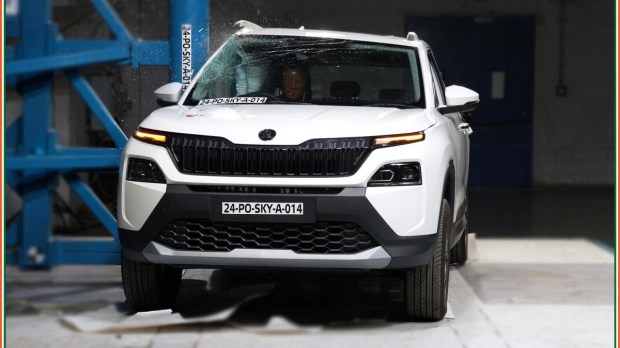
ARAI is also working on creating an ADAS testing ground at an 18-acre facility on the outskirts of Pune. Although ARAI is yet to specify a deadline when the Bharat NCAP 2.0 comes into effect, it has been reported that it could possibly go live by 2027. The adoption of ADAS in safety crash tests will be a big boost for safety in the Indian PV industry and will encourage more and more OEMs to adopt ADAS technologies in their models.
Source: Autocar Proffesional
